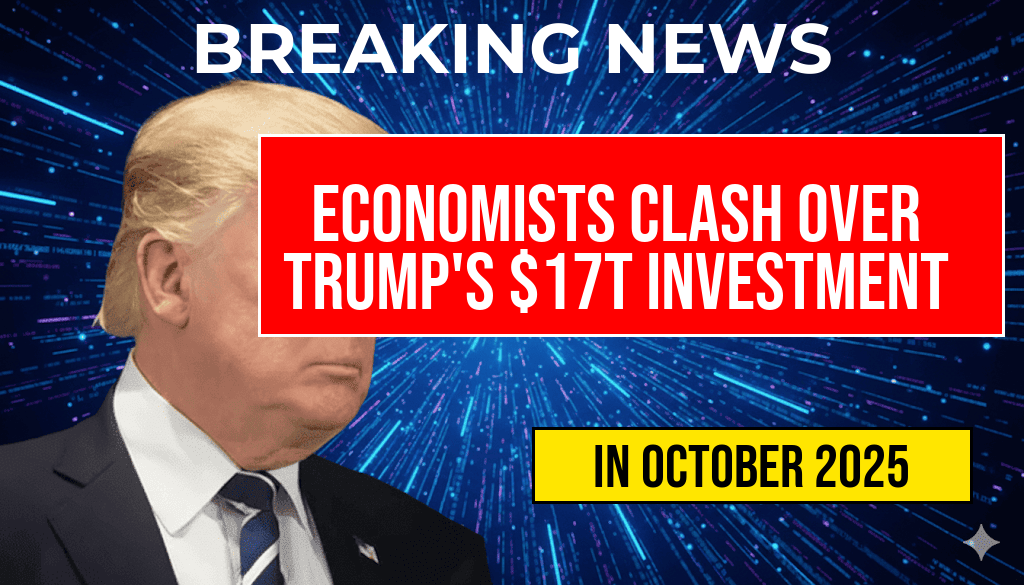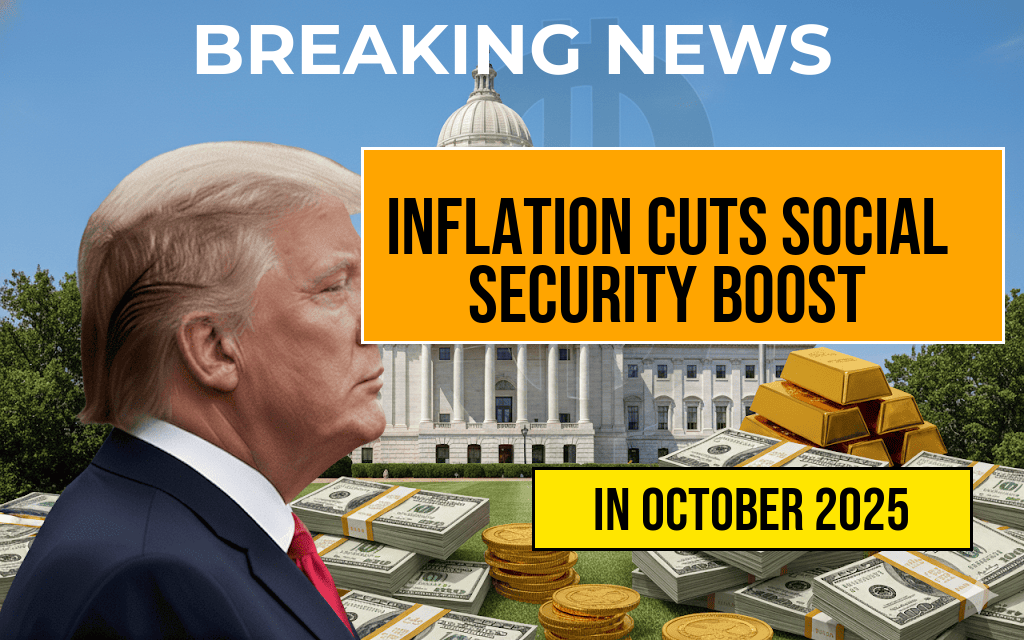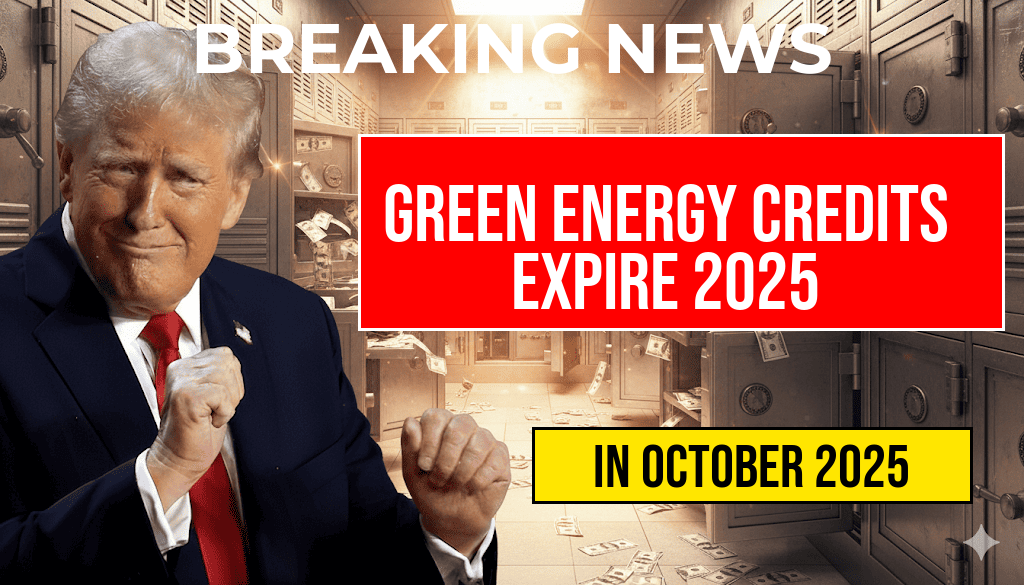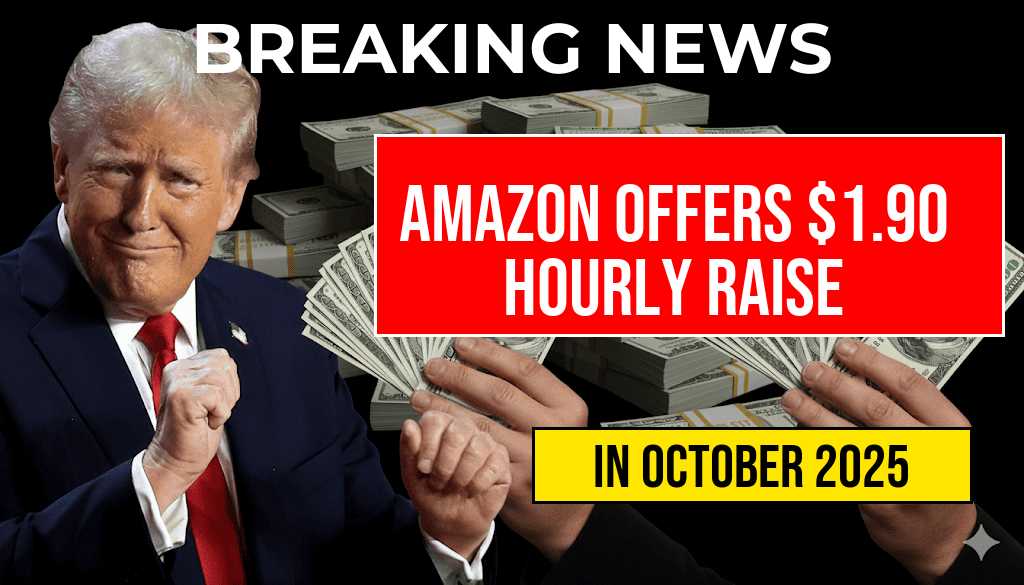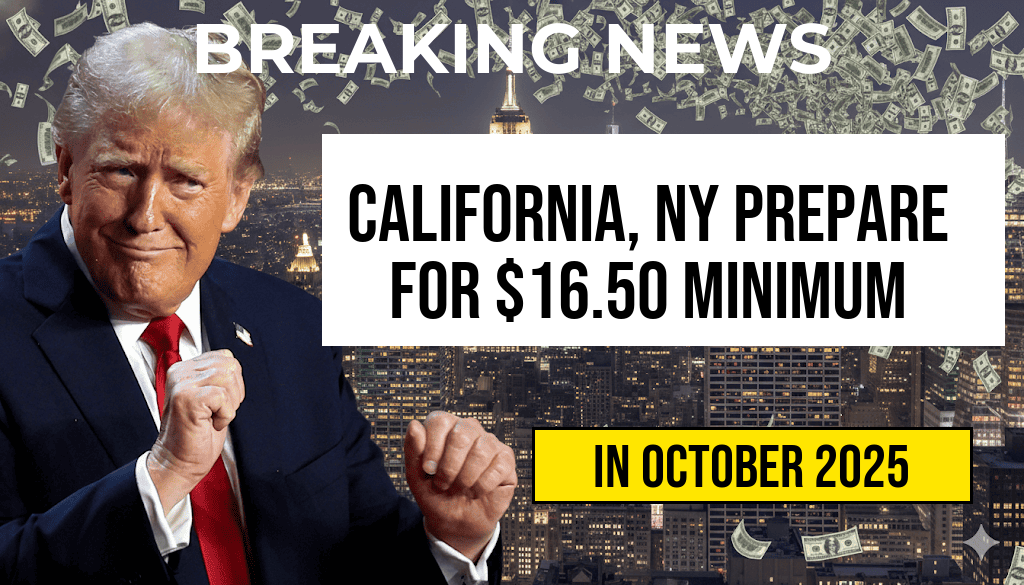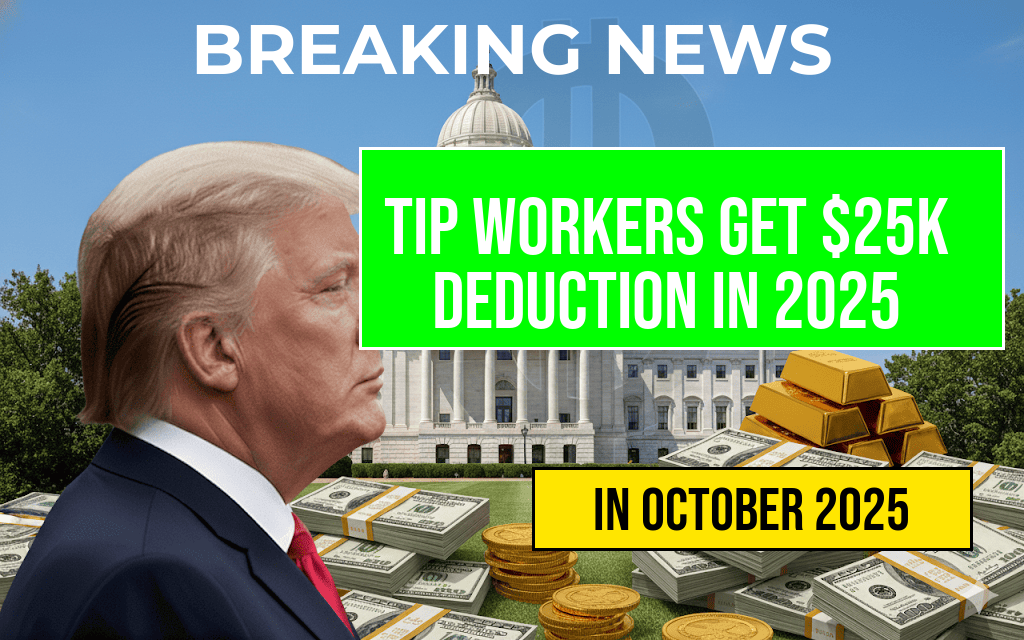As global markets surged amid geopolitical shifts and shifting economic policies, recent data indicates that former President Donald Trump’s international investments have reached a staggering $17 trillion. This figure has ignited fierce debate among economists and policymakers, with some asserting it signifies a successful expansion of American influence abroad, while others warn of potential risks associated with such extensive foreign commitments. The divergence in interpretations has fueled a broader conversation about the true impact of Trump’s investment strategy on the U.S. economy and its global standing. Critics emphasize concerns over transparency and geopolitical implications, whereas supporters highlight the role of these investments in fostering international trade relations and economic growth. As the debate intensifies, experts are scrutinizing the legal, financial, and diplomatic dimensions of Trump’s global investment portfolio to assess whether this historic sum represents opportunity or peril.
Unpacking the $17 Trillion Benchmark
The reported figure, which encompasses assets, stakes, and financial commitments across multiple continents, is unprecedented in scope for any former U.S. president. According to recent disclosures, Trump’s global investment portfolio includes real estate holdings, business ventures, and financial instruments spanning Asia, Europe, and the Americas. The magnitude of these assets has prompted comparisons to the gross domestic product (GDP) of large nations, raising questions about the implications for both U.S. economic policy and international diplomacy.
Sources and Methodology of Valuation
Assessing the total value of such a diverse array of assets presents inherent challenges. Analysts rely on a combination of public filings, leaked documents, and third-party evaluations to approximate the total. The financial valuation process involves estimating market values of real estate, equity stakes, and debt holdings, often complicated by private ownership and limited disclosure. Experts caution that these figures could fluctuate significantly due to market volatility, currency exchange rates, and geopolitical developments.
Economic Experts Diverge: Opportunity or Overreach?
The debate over Trump’s global investments centers on contrasting interpretations of their strategic value. Supporters argue that such investments bolster U.S. economic influence, create jobs, and open markets for American businesses. They point to increased bilateral trade agreements and infrastructure projects as evidence of positive outcomes. Conversely, critics contend that the scale of these assets raises concerns about conflicts of interest, especially given Trump’s ongoing political influence, and about the potential for foreign governments to leverage these investments for diplomatic or economic leverage.
Arguments Supporting Investment Expansion
- Trade Enhancement: Proponents note that Trump’s investments facilitate access to emerging markets, fostering trade relationships and boosting exports.
- Economic Growth: Foreign investments often lead to infrastructure development and job creation in host countries, indirectly benefiting the U.S. economy through increased global demand.
- Diplomatic Leverage: A broad investment portfolio can serve as a tool for diplomacy, encouraging cooperation and stability among nations.
Concerns and Criticisms
- Transparency and Oversight: Critics question whether these investments are fully disclosed and scrutinized, raising potential legal and ethical issues.
- Conflict of Interest Risks: The sheer scale of assets abroad could influence U.S. foreign policy decisions, leading to accusations of undue influence.
- Financial Stability: Some experts warn that heavy foreign commitments might expose the U.S. economy to global market shocks or geopolitical disruptions.
Legal and Diplomatic Dimensions
| Aspect | Potential Issue |
|---|---|
| Ownership Disclosure | Ensuring transparency in asset holdings and investment structures |
| Foreign Investment Regulations | Compliance with laws governing foreign ownership and influence |
| Conflict of Interest Laws | Preventing undue influence on policy decisions due to financial interests |
Diplomatically, critics have voiced concern about the perception of foreign influence stemming from Trump’s investments. Some argue that these holdings could undermine U.S. neutrality or diplomatic credibility, especially when investments involve sensitive regions or strategic industries. Others suggest that such extensive economic ties might serve as leverage in negotiations, complicating diplomatic relations.
Broader Context: Comparing Historical and Current Trends
While the $17 trillion figure is unprecedented for an individual investor, it also reflects broader trends in global capital flows. Historically, U.S. presidents have maintained limited foreign holdings to avoid conflicts of interest, but the scale of Trump’s investments surpasses typical benchmarks. According to economic historians, this level of international engagement raises questions about the evolving role of private wealth in shaping foreign policy and economic stability.
Potential Impact on Future Policy
The controversy surrounding Trump’s investments may influence legislative and regulatory approaches moving forward. Some policymakers advocate for stricter transparency laws and investment caps for public officials to prevent conflicts of interest. Meanwhile, others emphasize the importance of promoting free enterprise and global engagement, viewing these assets as assets rather than liabilities.
Summary
The ongoing debate about Donald Trump’s $17 trillion global investment portfolio encapsulates the complex interplay between economic opportunity, national security, and ethical governance. As experts dissect the multifaceted implications, the world watches to see whether this historic financial footprint will serve as a catalyst for international prosperity or a cautionary tale about the dangers of unchecked private influence. The evolving narrative underscores the importance of transparency, regulation, and strategic diplomacy in navigating the intricacies of modern global finance.
Frequently Asked Questions
What is the significance of Trump’s global investment figures reaching $17 trillion?
The $17 trillion mark highlights the scale of Trump’s international investments during his presidency, raising questions about their impact on the global economy and U.S. economic policy.
Why do economists have differing opinions on Trump’s investment record?
Economists disagree due to varying interpretations of investment data, the long-term economic effects, and whether these investments benefited or harmed the U.S. economy and its global standing.
How do Trump’s global investment figures compare to previous presidents?
Compared to past presidents, Trump’s investment figures are considered record-breaking by some analysts, while others argue that the context and economic conditions differ significantly, making direct comparisons challenging.
What are the main criticisms of Trump’s global investment strategy?
Critics argue that Trump’s investment approach may have prioritized short-term gains, potentially neglecting domestic economic growth and exposing the U.S. to greater risks in the global market.
How might Trump’s global investment figures influence future economic policies?
These figures could shape future economic strategies by prompting policymakers to reassess investment regulations, trade policies, and international economic relationships.

